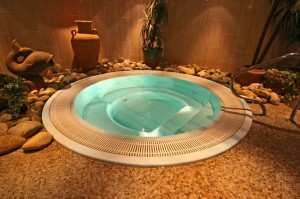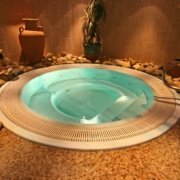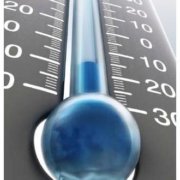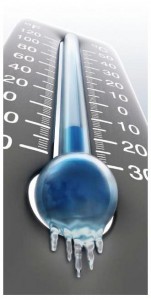
Despite the economic recession of recent years one item once considered a luxury is beginning to find it’s way into holiday home gardens all across the UK.
Sales of hot tubs and outdoor spas have continued to skyrocket; some suggest as many as one in 10 households now boast one, with more conservative figures placing this at one in 20.
From changing water regularly during peak periods to managing PH levels and risks of infection there’s plenty to be thinking of when investing in a hot tub as a holiday home owner.
Here’s our checklist of a few things you should be actively managing to protect you, your holiday letting guests and hot tubs:
Managing the risks – conduct a risk assessment
In order to implement a formal health and safety management system for your hot tub you’ll first have to conduct a full risk assessment. The person carrying out the risk assessment should have adequate knowledge, training and expertise to understand the hazard (e.g. the presence of infectious agents in the spa pool) and risk associated with your hot tub, although be aware that the owner is ultimately responsible for the risk assessment.
The risks associated with hot tubs broadly fall into two areas:
Microbiological
Spa pools are much smaller than swimming pools and have a much higher ratio of bathers to water volume, so the amount of organic material in spa pools is far higher than in swimming pool water. These conditions can allow pathogens to quickly grow, with the most commonly associated with hot tubs being legionella.
Non-Microbiological
This will cover areas such as the risk of slips and trips, accidental drowning and electrical or thermal risks for bathers who are pregnant or suffer from cardiovascular issues or fits.
Your risk assessment should cover all of these areas and along with the control measures you put in place, be regularly reviewed at the very least every two years.
Once you have assessed the risks ensure they are effectively managed
Inadequate management, lack of training and poor communication is often associated with the outbreak of diseases such as Legionnaires disease.
Someone who is competent and knowledgeable about the hot tub should be given day-to-day responsibility for its upkeep and to ensure all operational procedures are carried out effectively.
These people should be provided with regular refresher training on their duties and records should also be kept of any training undertaken.
Regularly evaluate and monitor your control measures
Your control measures and their implementation should be monitored frequently to ensure they are effective and being met. If issues are identified in procedures they should be addressed and rectified immediately.
Communicate with your guests
Make sure your guests are fully aware of your procedures, the risks and how you handle and control them in order for them to adhere to your health and safety regulations.
Issues such as not immersing your head in the water along with potential risks for people with certain health conditions should form a part of this communication.
Check your holiday home insurance policy
Make sure that your holiday home insurance provider is happy to cover your hot tub and that this cover includes the liability of guests using it.
Hot tubs can also be expensive pieces of equipment – make sure that the sums insured within your policy accurately reflect the potential costs should damage occur to your outdoor spa.
Please note that this article gives only an overview to some of the potential issues and considerations of owning a hot tub.



